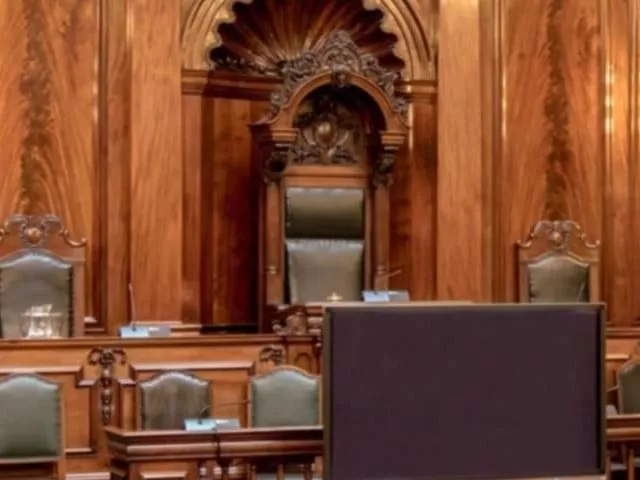Indian court declines to restrict Hindu pilgrimage in Occupied Kashmir
Says decision on Hindu pilgrimage in Occupied Kashmir lies with executive, local administration
SRINAGAR:Amid the surge in coronavirus cases and deaths, the Indian Supreme court on Monday declined to restrict Hindu pilgrimage in Indian Occupied Jammu and Kashmir (IOJ&K).
“Whether pilgrimage is held should be left with the local administration to decide and not for the court. Undoubtedly any decision arrived must be based on law and all relevant statutory provisions,” ruled a three-member bench of the apex court.
The plea seeking restrictions on the entry of devotees in view of the current pandemic situation was filed by Shri Amarnath Barfani Langars Organisation, a non-profit association engaged in providing various services during the Hindu pilgrimage.
The association pleaded that in case devotees are allowed for the pilgrimage, the coronavirus infection will spread and it will be hard to trace the contacts.
The regional administration in Occupied Kashmir has already said that the Hindu pilgrimage will be undertaken in a “restricted manner” which is likely going to begin at the end of this month, with 500 pilgrims allowed per day.
Every year, thousands of Hindu devotees visit Amarnath cave at an elevation of 3,888 metres (12,775 feet) in the Pahalgam area of South Kashmir. Inside the cave is a Shiva Lingam, a holy symbol for the Hindus worldwide.
Meanwhile, the regional administration in IOJ&K has re-imposed lockdown in many parts of the region in view of the spike in coronavirus cases and deaths but at the same time, it has allowed entry of tourists in the region beginning from tomorrow drawing criticism from the local population in the region.


COMMENTS
Comments are moderated and generally will be posted if they are on-topic and not abusive.
For more information, please see our Comments FAQ